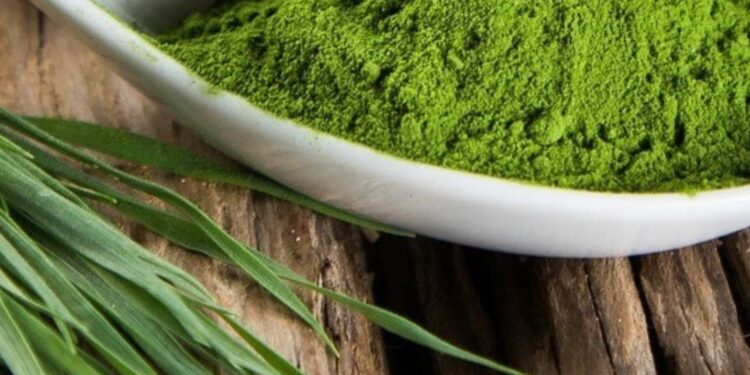Spirulina, often hailed as a “miracle from the sea,” is a blue-green algae packed with nutrients. As a superfood, it offers a powerhouse of vitamins, minerals, antioxidants, and protein. This article will explore 10 proven health benefits of Spirulina, backed by research, and explain why it deserves a spot in your daily routine.
Table of Contents
Here is 10 Powerful Health Benefits of Spirulina
1. Boosts Energy Levels
Spirulina contains a perfect blend of nutrients, including iron and B vitamins, which enhance energy production. Its high protein content also helps sustain energy levels throughout the day.
2. Strengthens Immunity
Rich in antioxidants like phycocyanin, Spirulina combats free radicals and inflammation, boosting the immune system. It also promotes white blood cell production for better disease resistance.
3. Supports Heart Health
Spirulina helps lower bad cholesterol (LDL) and triglyceride levels while raising good cholesterol (HDL). Its antioxidants also reduce oxidative stress, improving cardiovascular health.
4. Aids in Detoxification
Spirulina binds to heavy metals and toxins in the body, assisting in their elimination. It’s particularly effective in reducing arsenic and lead toxicity.
5. Enhances Muscle Strength and Endurance
Spirulina’s protein, antioxidants, and anti-inflammatory properties help reduce muscle fatigue, making it an excellent supplement for athletes and active individuals.
6. Promotes Healthy Digestion
Packed with chlorophyll and enzymes, Spirulina aids in digestion and supports gut health by balancing gut flora.
7. Improves Skin Health
Spirulina’s antioxidants, including vitamin E and beta-carotene, reduce signs of aging, improve skin elasticity, and combat acne.
8. Regulates Blood Sugar Levels
Research suggests that Spirulina helps reduce fasting blood sugar levels and improves insulin sensitivity, making it beneficial for people with diabetes.
9. Supports Weight Management
Spirulina curbs appetite due to its high protein content, helping you feel fuller for longer. It also boosts metabolism, aiding in healthy weight management.
10. Protects Eye and Brain Health
The presence of zeaxanthin and omega-3 fatty acids in Spirulina helps improve eye health and supports cognitive functions, including memory and focus.
Nutritional Profile of Spirulina (Per 100g):
| Nutrient | Amount |
| Protein | 57g |
| Iron | 28mg |
| Vitamin B1 (Thiamin) | 2.4mg |
| Vitamin B2 (Riboflavin) | 3.7mg |
| Omega-3 Fatty Acids | 1.5g |
| Antioxidants | High levels |
How to Incorporate Spirulina in Your Diet
- Smoothies: Add a teaspoon of Spirulina powder to your morning smoothie.
- Snacks: Use Spirulina in energy balls or protein bars.
- Soups and Salads: Sprinkle some Spirulina powder on soups or mix it into salad dressings.
- Supplements: Take Spirulina tablets or capsules as per the recommended dosage.
Conclusion
Spirulina is more than just a supplement; it’s a superfood that supports overall well-being. From boosting energy and immunity to improving heart health and detoxifying your body, its benefits are remarkable.
Make Spirulina a part of your diet today to unlock these health benefits and enhance your quality of life!
FAQs
1. Can Spirulina be consumed daily?
Yes, Spirulina is safe for daily consumption. Consult your healthcare provider for the recommended dosage.
2. Is Spirulina safe for everyone?
While generally safe, people with autoimmune diseases, allergies to algae, or those on blood-thinning medications should consult their doctor before use.
3. Can Spirulina help in weight loss?
Yes, Spirulina aids in weight loss by curbing appetite and boosting metabolism.
4. Where can I buy Spirulina?
Spirulina is widely available in health stores, pharmacies, and online as powders, capsules, and tablets.
5. How does Spirulina detoxify the body?
Spirulina binds to heavy metals and toxins, facilitating their removal through natural detoxification pathways.
For more interesting articles, keep visiting our website healthke


 Home
Home









